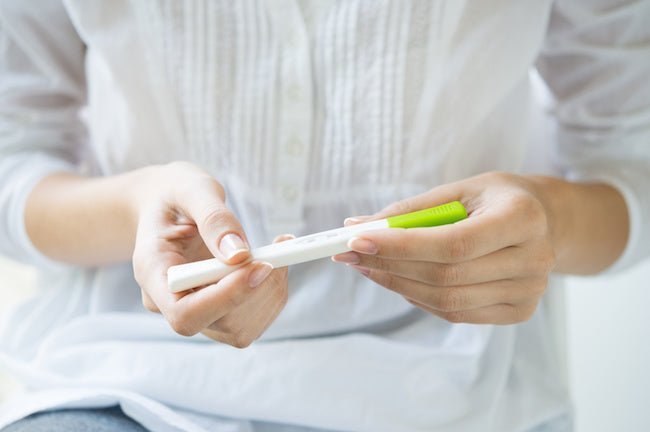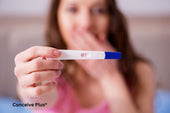Making babies: You may be doing it wrong, doctors say

Think it helps to have sex more than once a day or raise hips afterward? You have made mistake. But you are not alone, survey shows. Most women know how babies are made. But a new survey suggests they are confused or misinformed on some of the fine points.
Researchers from Yale University decided to do the survey after finding some misconceptions about conception among their own patients, says study leader Jessica lluzzi, an obstetrician and gynecologist in New Haven, Conn.
"We have patients who want to get pregnant who come in saying 'We're having sex several times a day after I ovulate.
' Their survey of 1,000 women ages 18 to 40 around the country found that:
• Half wrongly believed that having sex more than once a day increases chances of conceiving. Sperm counts actually decrease with such frequent sex, the researchers say.
• About 40% wrongly believed that using certain sexual positions and lying on one's back with raised hips after sex can help. There's no scientific evidence for that. Sperm reach the cervix within minutes "regardless of coital practices or positioning afterwards," the paper says.
• Nearly two-thirds wrongly believed having sex in the two days after ovulation (the release of an egg from an ovary) increases chances for conception. It's actually best to time sex a day or two before ovulation. "The sperm need to be waiting in the fallopian tube for the arrival of the egg. And not the other way around," Illuzzi says.
• More than 25% did not know that sexually transmitted infections, obesity, smoking or having irregular periods could decrease pregnancy chances.
• Half did not know folic acid can prevent birth defects and that folic acid supplements are recommended before conception.
The study also provides one possible explanation for these knowledge gaps: 50% had never discussed reproductive health with a health care provider.
The impact of such confusion is unclear: 58% of women said they had children and 7% were pregnant at the time of the survey. Also, as the study notes, nearly half of pregnancies in the USA are unintended.
"Clearly women have been getting pregnant throughout history without knowing these details," Illuzzi says. In fact, she says, the survey uncovered some undue anxiety over the difficulty of getting pregnant.
"We were very surprised that 40% of women thought they might have a problem getting pregnant. In actuality, the rates of infertility are closer to 5% to 15%." It is true that more women are delaying childbearing and that fertility declines with age. But "anxiety and lack of confidence" may be spreading to women with little reason to worry, she says.
The women in the online survey were broadly representative of women nationwide. But somewhat more educated than average, with 80% having attended college vs. 65% nationally. The study was published Monday in the journal Fertility and Sterility.
Pregnancy tips to help you conceive
The time to start working toward a healthy pregnancy is before you conceive. If you are trying to get pregnant quick, our pregnancy tips are good start to get your body ready for conception process.
Information about Conceive Plus
If you have just started trying to get pregnant or have been trying for a while, Conceive Plus® can help increase your chances of conception naturally! Recommended by doctors, pharmacists and fertility clinics in more than 60 countries. This is the fertility friendly lubricant approved by the FDA and a prescription is not required. For where to buy Conceive Plus, visit our where to buy page
Home - shop fertility products at Conceive Plus, the best fertility products for couples top-rated fertility products that increase fertility and boost chances of conception naturally. Order quality fertility aids and shop premium fertility supplements at Conceive Plus today!


















